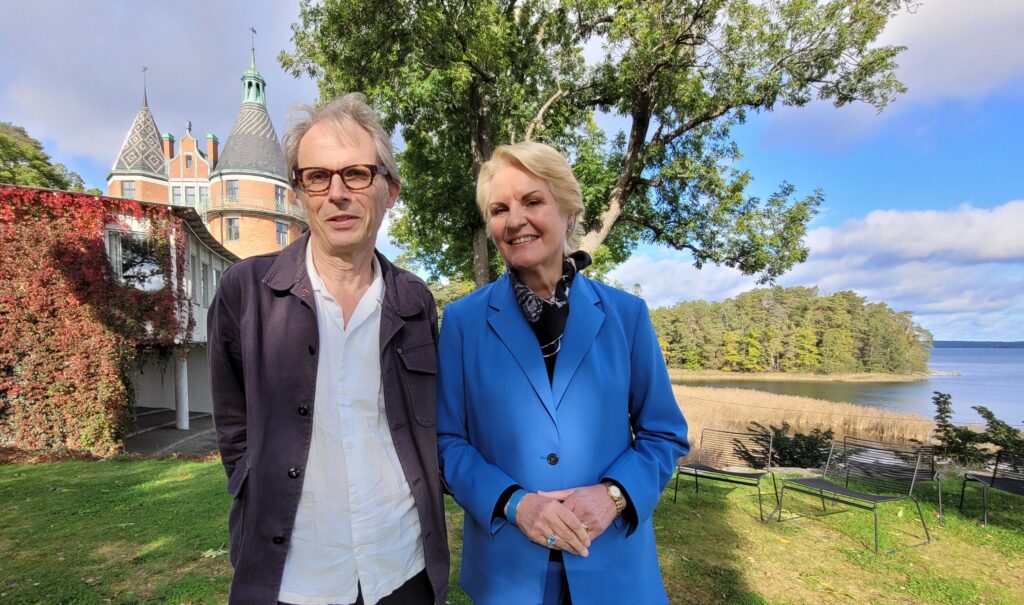The researchers and stakeholders in Mistra Electrification agree on the main challenges for the energy transition but there is a need to initiate more research on the financial part of the energy transition. These are two key takeaways from the Mistra Electrification annual conference, which was held outside Stockholm 3–4 October.
More than 30 researchers and energy industry representatives met at the hotel Vår Gård outside Stockholm, during the Mistra Electrification annual conference 3–4 October. The conference had two themes: “How can we secure supply of electricity to large and small consumers” and “How can we secure efficient use of capacity and flexibility resources?”
Four of the most important conclusions from the conference are:
- The researchers and stakeholders in Mistra Electrification seem to agree on the main challenges for the energy transition and on what the main measures that need to be taken to overcome the barriers to the transition are. Thus, the main barrier is not whether we should strive for wind or nuclear power. Instead, barriers are related to permitting processes, to gain social acceptance of siting of new power plants, competence supply and financial risk taking with respect to investment in new power plants, especially for offshore wind power and nuclear power.
- If Sweden wants to continue having successful industries, there is little time left for ramping up electricity generation to meet the electrification which is a big part of the energy transition. In addition, in 2039, there will be zero allocation of new emission allowances in the EU Emissions Trading System, ETS. That means that industries covered by the EU ETS need to be fossil free in 16 years from now unless they can buy negative emissions or have saved unused allowances.
- Variable electricity generation from wind and solar is expected to increase in northern Europe, which will affect the Swedish energy system. As variable electricity production increases, the need for flexible consumption will also increase. There are several ways to achieve flexibility including untapped flexibility in already existing systems, such as smart control of heat pumps and charging of electric vehicles. Thus, there are several possibilities from sector coupling to reduce variability in the electricity system.
- The need to rapidly increase electricity production as well as expanding the grid is key if Sweden are to meet the expected demand for fossil free electricity. One key factor for more electricity production is decreased politic polarization in the energy policy debate. A reduced polarization will lower investment risk and stimulate new investments. Also, more interdisciplinary research can help speeding up the transition and this is part of the mission in Mistra Electrification with its broad range of research fields.
Karin Reuterskiöld, chair of the Mistra Electrification programme board, concluded the annual conference and pointed out the need for more research on financial issues related to the energy transition.
– Who is going to finance the transition, what kind of investors are willing to come up with the money needed? There is money out there for the right projects, and I think it should be possible to address these questions in the programme and to derive what conditions are needed to make necessary investments come true, said Karin Reuterskiöld.
Filip Johnsson, programme director of Mistra Electrification, agreed on that more research about the financial sector is important.
– We should do more research on market conditions and risks. I also see a need for more research on flexibility and sector coupling. It seems clear that there is much agreement on what the challenges and barriers are, despite that public debate sometimes is quite heated. I find the interdisciplinary approach of Mistra Electrification a strength, although I see a need for researchers to improve communication, said Filip Johnsson.

